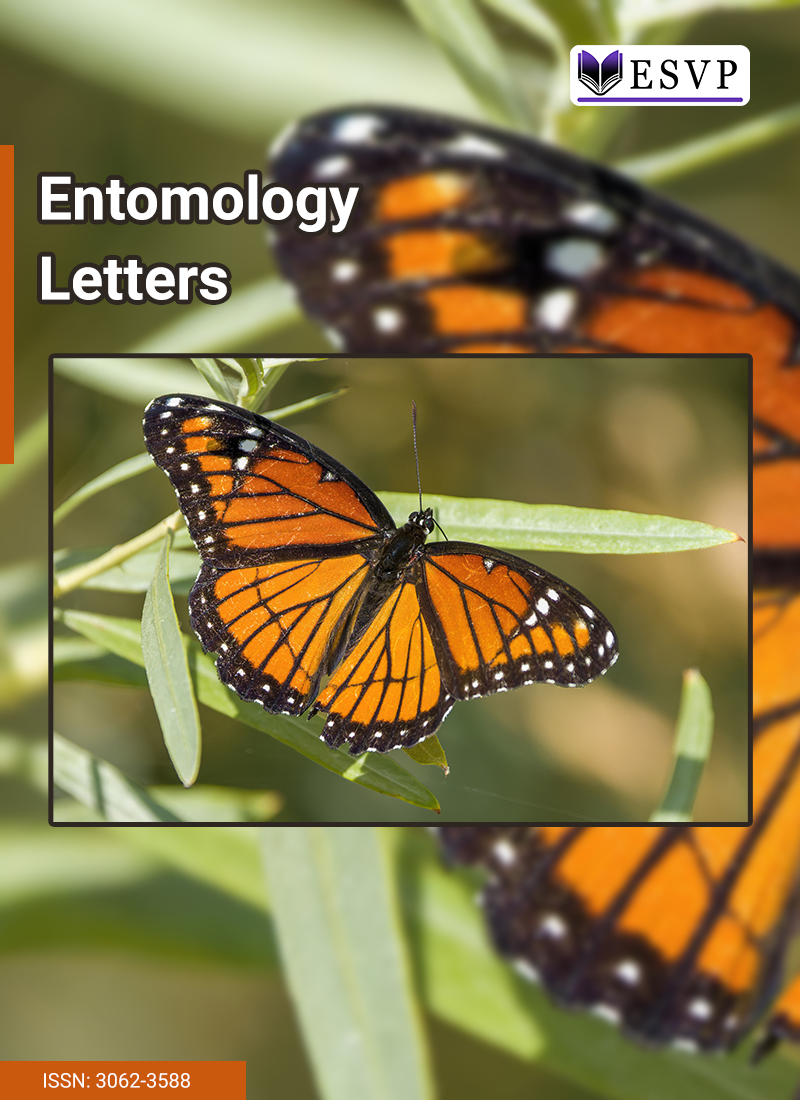
Anomala denuda adults are not usually considered major crop pests. However, an infestation of up to 46,508 individuals was observed in a maize field in Songon, causing a yield reduction of approximately 32%. In response to the extensive damage caused by this beetle to maize crops, the objective of this study was to test the efficacy of an aqueous extract of Ricinus communis, a known pesticidal plant, in controlling A. denuda and increasing maize production. The experiment was conducted on an experimental plot covering 2592 m², applying concentrations of 110 grams per liter (T1), 135.5 grams per liter (T2), and 165 grams per liter (T3) of the extract in six replicates. The treatments were applied four times during the 2020 and 2021 crop cycles, with Viper 46 EC (16 acetamiprid, 30 indoxacarb) as the chemical insecticide control. Over the two growing seasons, all treatment groups showed significant effectiveness in reducing beetle presence compared to the untreated control (P < 0.05). Treated plots had an average of 5.16 insects per plant, whereas the control had 21.10 insects per plant, resulting in a 75.54% reduction in pest numbers. The T3 treatment (165 g/l) was the most effective, with the lowest number of insects per plant (3.03) and the smallest production loss rate (4.49%) compared to the control (26.17% ). Maize yield significantly improved by 26.25% in 2020 and 17.80% in 2021 for the T3 treatment, with an average increase of 22.03% over both years. Therefore, the use of Ricinus communis extract at 165 grams per liter offers a viable alternative to synthetic insecticides for the control of A. denuda in maize fields.